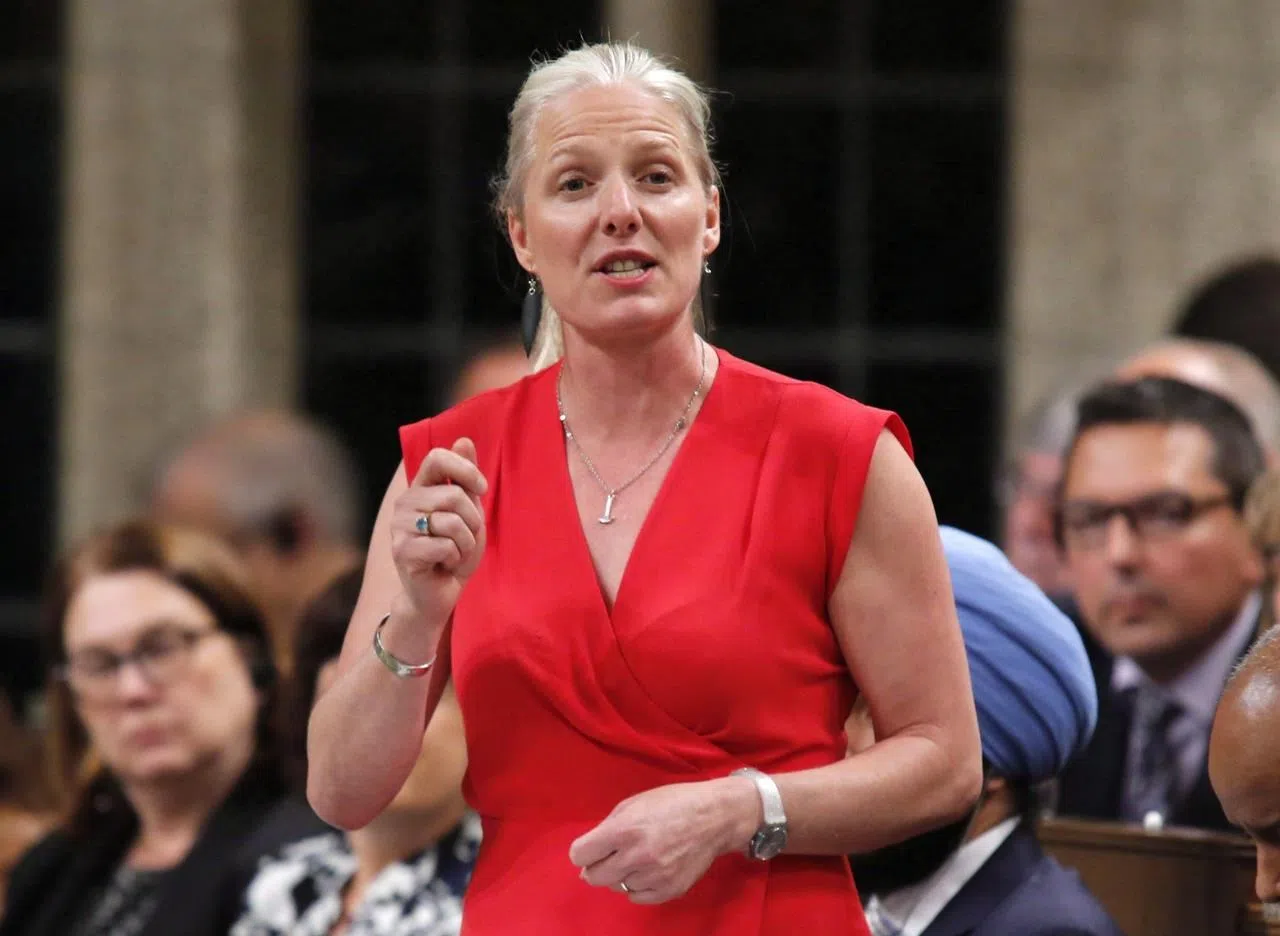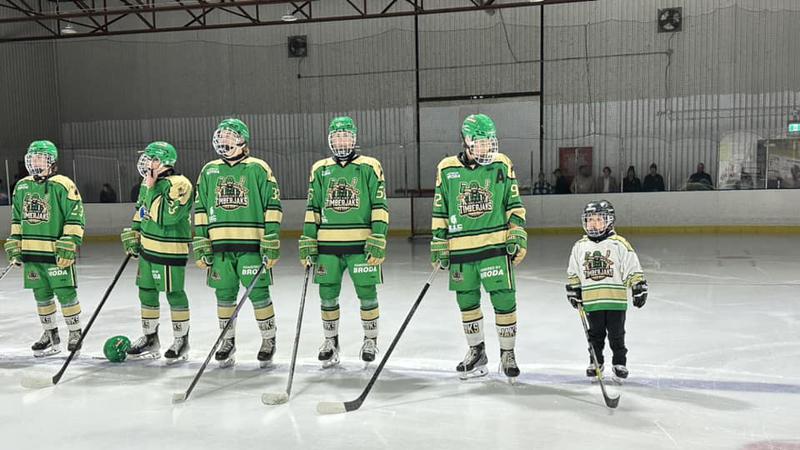
Are parody Twitter accounts ‘fake news’? Liberals, Conservatives disagree
OTTAWA — Liberal Environment Minister Catherine McKenna says parody social media accounts that deliberately try to mislead readers are a form of identity theft that needs to be addressed.
McKenna herself was targeted by a parody account that was shut down Tuesday by Twitter after McKenna complained, only to spring up again just hours later with a slightly different name and handle.
The account uses the same photo from McKenna’s own personal Twitter account, and while its biography does say it’s a parody, Twitter apparently deemed it a violation of its policy about not impersonating others online.
A Twitter official says the company does not comment on specific accounts, but notes the user of the account would have been told why the account was closed.


